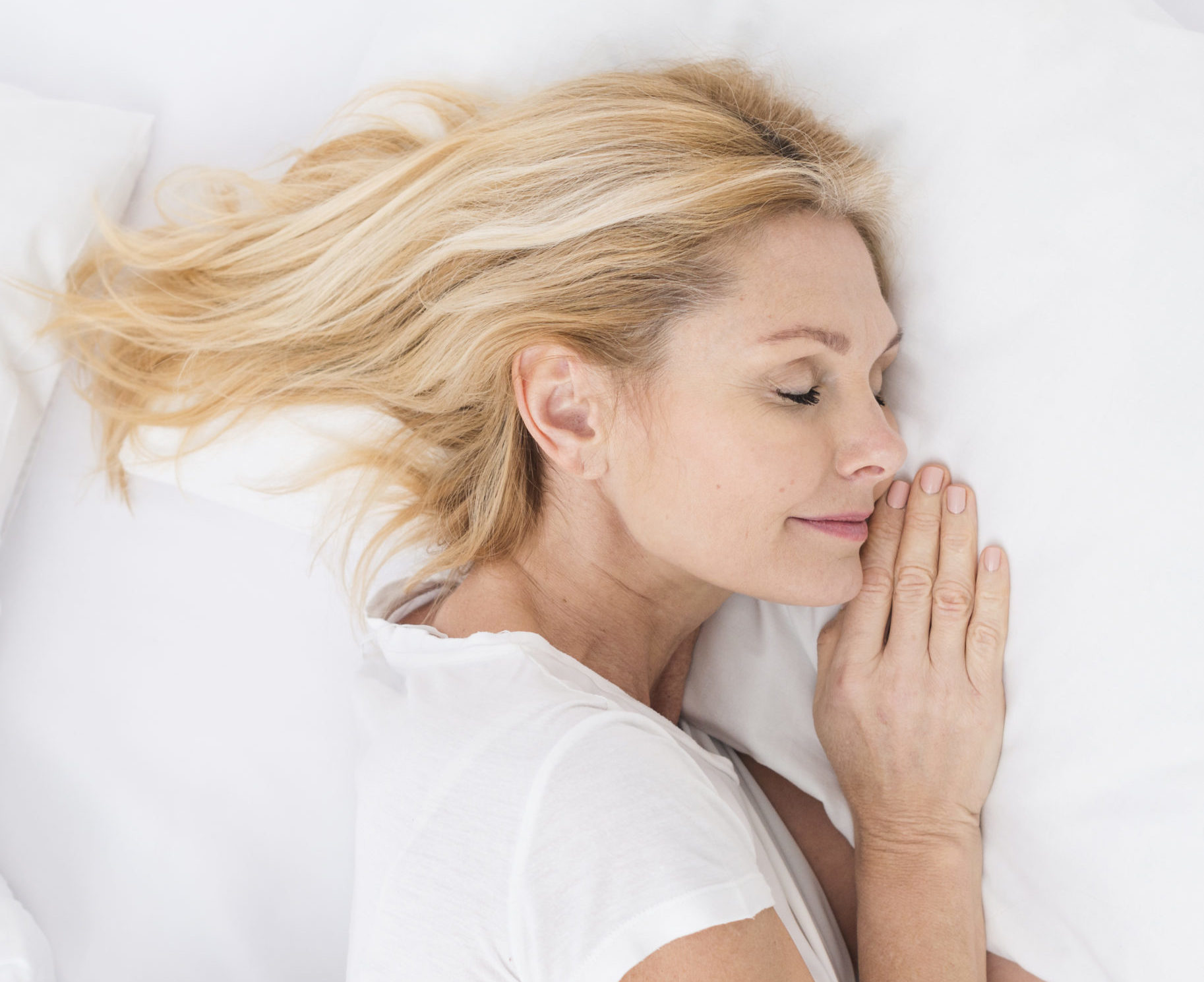
Change time, sleep better!
With the arrival of summer time, we set our clocks forward by an hour, a small change that can disrupt our sleep, making it difficult to fall asleep.
Fortunately, Irati has the ideal solution to help you sleep better.

THE SOLUTION: SLEEP GUMMIES
Irati offers a gentle and effective solution: take 2 melatonin-based sleep gummies before going to bed. These gummies help you fall asleep more quickly by supporting your body’s natural melatonin cycle.
By making these gummies part of your night-time routine, you can help your body adapt more easily to summer time, ensuring restful nights and energised days.

THE ROLE OF MELATONIN
Melatonin, often referred to as the “sleep hormone”, plays a key role in regulating our sleep-wake cycle. This molecule is produced naturally by the pineal gland at the base of the brain in response to darkness, signalling to our bodies that it is time to prepare for sleep. However, the time change can disrupt its production, making it more difficult to fall asleep and maintain deep sleep.
Words of caution when using melatonin
Consult your health professional before taking melatonin. The hormone is not recommended for pregnant and breast-feeding women or those with certain health problems. Melatonin is recommended for occasional use. Be careful not to combine melatonin with other medicines or sedatives, including alcohol.


THE CONSEQUENCES OF THE TIME CHANGE
Adjusting to summer time is not just a matter of adjusting our watches. Our biological clock, which regulates sleep and wakefulness, can become out of sync.
The consequences can include fatigue during the day, mood disorders and reduced cognitive performance. These disturbances are due to the fact that our bodies follow a circadian rhythm that does not adjust instantly to the time change.

Did you know?
Did you know that the tradition of changing the clocks was first introduced during the First World War? The aim was to save energy by taking greater advantage of natural light in the evening. Today, this practice continues, reminding us that even the smallest changes in our environment can have a significant impact on our daily well-being.





Recent Comments